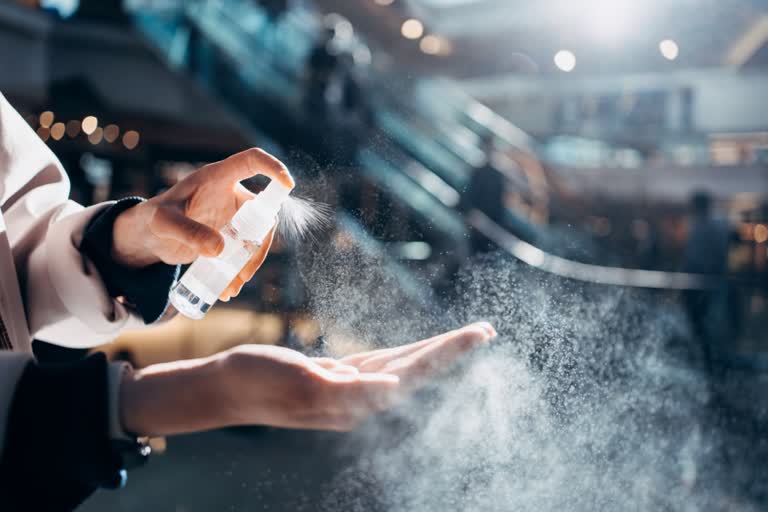The highly contagious Omicron variant of Covid-19 can survive upto eight days on plastic and 21 hours on skin -- a much longer period of time than other variants of concern like Alpha, Beta, Gamma and Delta, as well as the original strain, according to a study.
The study posted on pre-print, and not peer-reviewed yet, analysed the differences in viral environmental stability between the SARS-CoV-2 Wuhan strain and all variants of concern (VOCs). The findings showed that on plastic and skin surfaces, Alpha, Beta, Delta, and Omicron variants exhibited more than two-fold longer survival times than those of the Wuhan strain and maintained infectivity for more than 16 hours on the skin surfaces.
Omicron survived 21.1 hours on skin model from cadavers, followed by the Wuhan virus (8.6 hours), the Gamma (11 hours) and Delta (16.8 hours) variants. The survival of Alpha (19.6 hours) and Beta (19.1 hours) was found to be similar. "The Omicron variant has the highest environmental stability among VOCs," said researchers from the Kyoto Prefectural University of Medicine in Japan.
"This high stability might also be one of the factors that have allowed the Omicron variant to replace the Delta variant and spread rapidly," they said. Further, the team found that Omicron can survive 193.5 hours (about 8 days) on a plastic (polystyrene) surface, plus three times that of the original strain (56 hours) and of the Gamma variant (59.3 hours), and significantly more than Delta (114 hours) and Beta (156.6 hours). Only the Alpha variant, with 191.3 hours, showed similar resistance.
